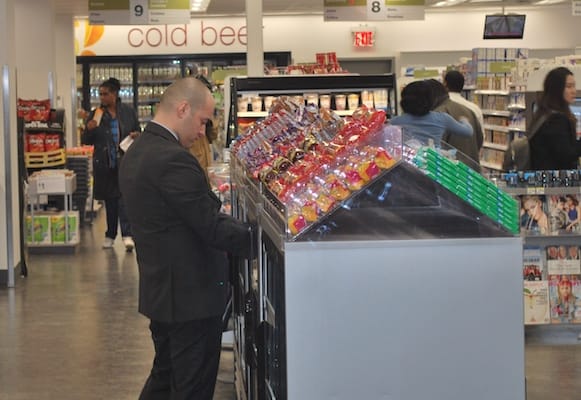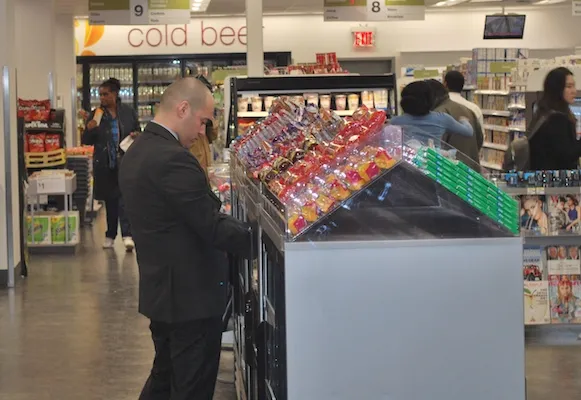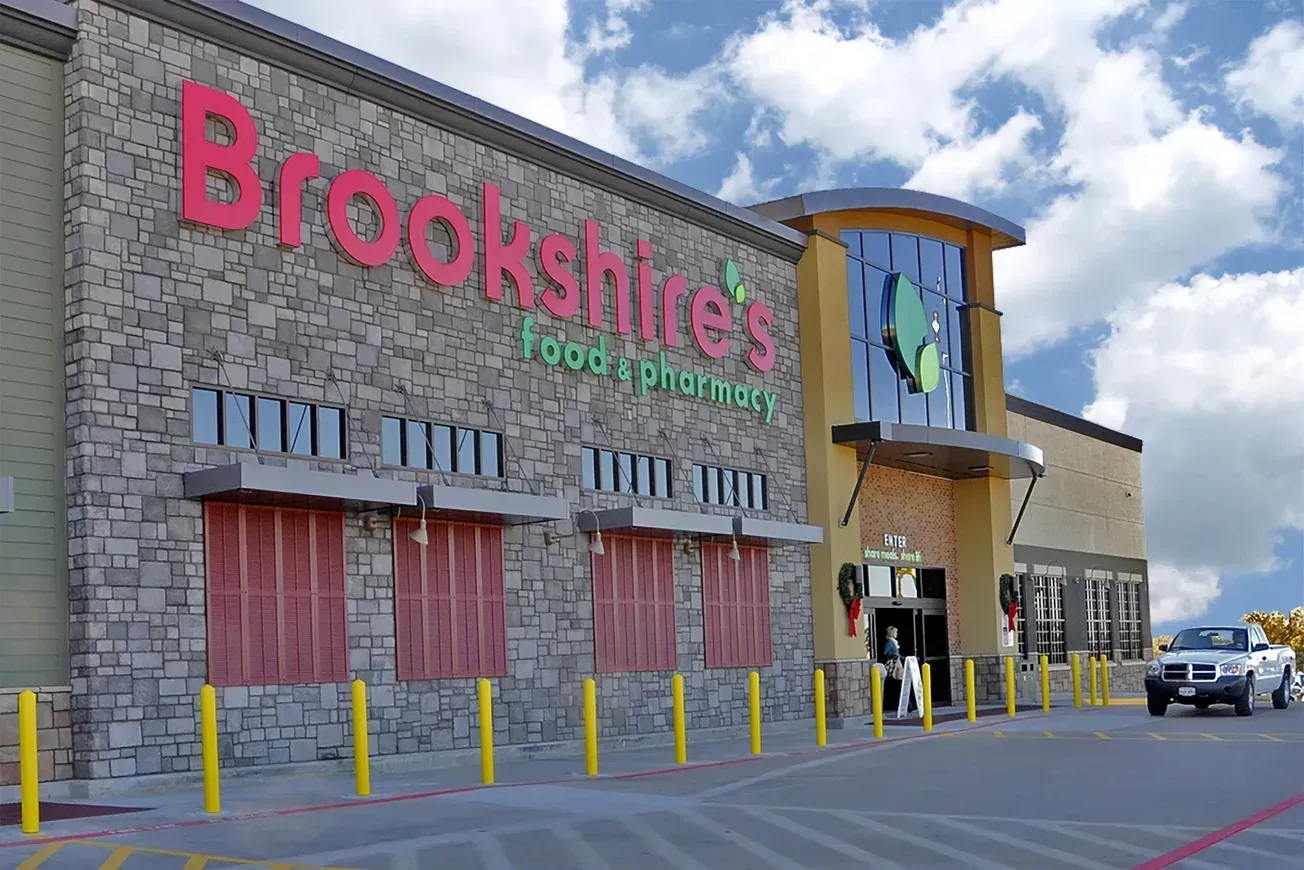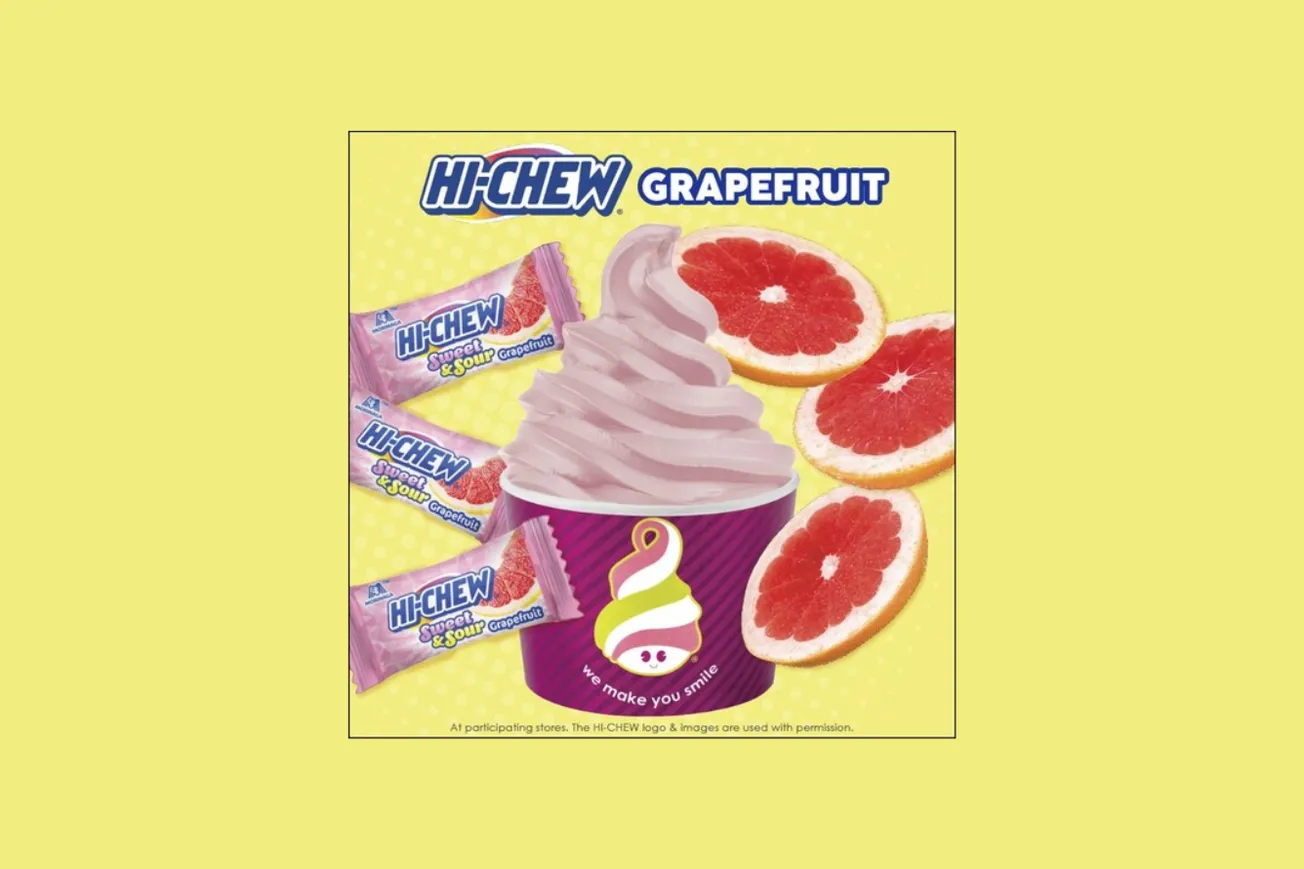Those candies, snacks, batteries, greeting cards, magazines, beverages et al aren’t deployed at the checkout lanes for nothing.
Impulse buying — triggered at the register, in the aisles, at the display case/window or, increasingly, online — is embedded deep within the U.S. consumer, and retailers know it. A new poll from deal-sharing platform Slickdeals gives an idea of just how much impulse purchases have taken hold of Americans.
A survey of 2,000 U.S. shoppers by OnePoll for Slickdeals found that one in five purchases are impulse buys — with individuals making 156 impulse buys a year, or about three per week. The top items scooped up: food and groceries (71%), clothing (53%), household items (33%), takeout (29%) and shoes (28%).

Seventy-five percent of respondents said they buy candy at the checkout counter, 32% purchase food after passing a nearby restaurant and 25% buy a pair of shoes when they see them in the store.
Emotions also come into play with impulse buying. The survey revealed that people tend to make impulse purchases more when they’re happy and excited than when they’re sad or stressed. And most impulse buys (54%) are made for yourself.
Dollarwise, the tally for impulse spending comes to $450 monthly, $5,400 annually and $324,000 over the course of a lifetime, the Slickdeals-OnePoll study found.
The survey also has good news for consumer coupon/savings websites and retailers focusing on personalization: Deals spur impulse buying.
Of those polled, 64% said they shop impulsively if there’s a deal on a product. Forty percent went out and bought something because of a coupon they received in the mail, and 33% made a purchase after getting an emailed coupon.
What’s more, about one in five respondents (21%) reported that they tend to impulse buy while online.
While impulse purchases can be tough to control, Slickdeals CEO Josh Meyers had some advice for consumers so they get more out of impulse shopping than just a depleted wallet or purse and heavier credit card balances.
“Impulse purchasing in the traditional sense can put a dent in your personal finances, but there is a way to turn the tables. You can buy impulsively and get the rush of getting a great deal, but do it sensibly by buying things you’ll need later on,” according to Meyers. “For instance, you can buy a birthday or Christmas present for family and friends months in advance, or you can stock up on household essentials with promotions and discount codes from big name retailers such as Target, Walmart and Amazon.”









